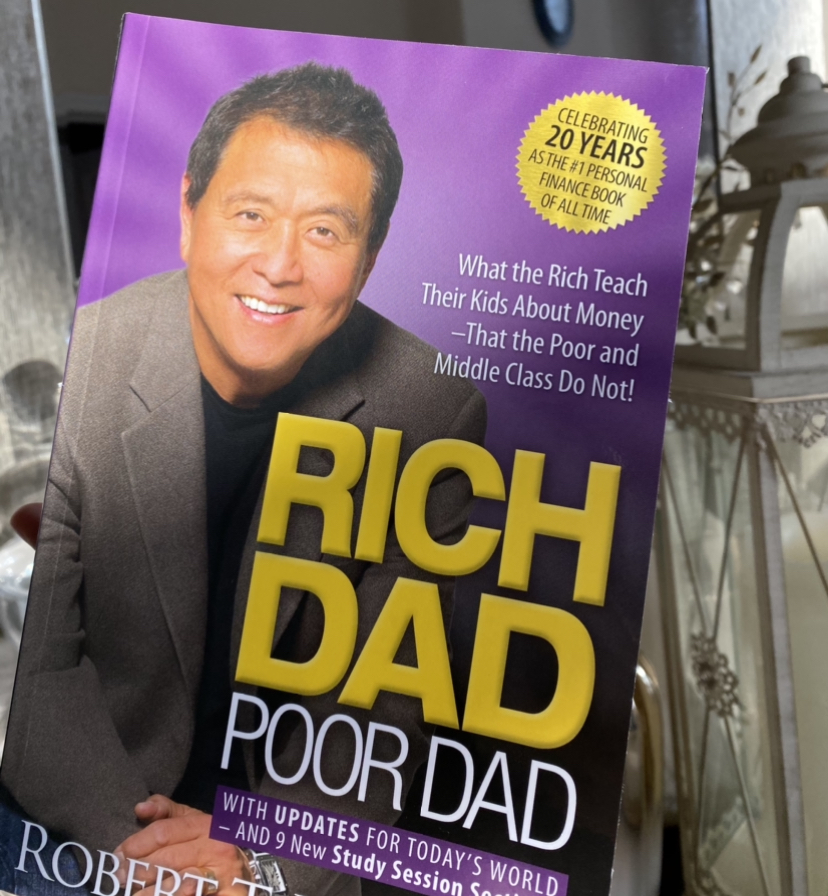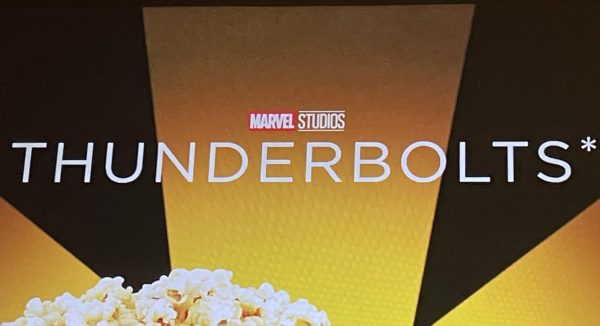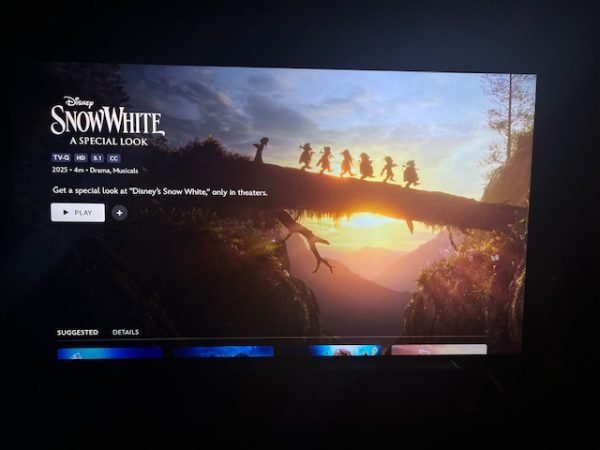Rich Dad Poor Dad book review
A beginner’s guide to learning the basics of money and harnessing its power
Rightfully considered the #1 Personal Finance book for more than 20 years, Rich Dad Poor Dad by Robert T. Kiyosaki, discusses what the author had learnt from growing up around two fathers with completely different views on money and in life in general; emphasizing the history and terminology behind the success of acquiring wealth explained in a simplistic yet approachable way.
Written from a person with influences from having a rich dad and poor dad, both being in the same place financially at one point, it left room for Kiyosaki to take these two inspiring figures in his life into perspective, analyzing the way they thought and who to trust when it came to money; ultimately realizing that being “rich” really stems from the way a person thinks.
The personal finance book starts off in 1956 when Kiyosaki was at the age of nine, and attended a private school along with his friend, Mike, by luck. They were seen as “poor” by the other kids due to where they lived as well as how they dressed when attending school. With desire in their hearts to learn about becoming rich and a few failed experiments along the way, the boys decided to turn to Mike’s dad, also referred to “Rich Dad” in the book, in regards to making money. Although “Rich dad” still had little wealth at the time and only up to an eighth grade education, he was working on building an empire that would later make him the richest man in Hawaii. Despite being a man of few words, Rich Dad believed in learning lessons through one’s own experiences.
Kiyosaki stated that while one of his dad’s taught him how to create an impressive resume to work for a company, the other taught him how to buy those companies, and that while one dad left fortune for his family after his death, the other left debt. One dad always said “I can’t afford this,” the other would say “How can a rich man like me afford this?” These were the different attitudes both adults faced when looking at money.
One of the components frequently discussed within the book is manifestation. The definition of manifestation is generally to use thoughts, feelings, and beliefs to bring something to physical reality. Throughout the book, it seemed that these were one of the main principles Rich Dad applied to his life. He frequently said “I don’t work for money. Money works for me.” By always considering himself to be a rich man even when he was broke ultimately led him to be what he became. Instilling self-confidence and affirmations it seemed were one of the main components of creating a healthy-minded rich individual; something very admirable.
Despite the guide being very informative with Rich dad serving as an inspiration for many, some advice offered is a little too intriguing to the point that it’s offensive. He claimed that it is due to one not opening the minds to opportunities that could make them money, as a justification towards underpayment of workers. Furthermore, he stated that instead of asking how to make money, employees complain to their boss regarding their treatment and no change being made, still confined to the golden rule that working for a good company ensures security. Maybe Rich Dad was right to talk down the middle and poor class as heads of big corporations really and truly don’t care about their workers underneath it all. He goes on to say, “If you realize that you’re the problem, then you can change yourself, learn something, and grow wiser.” Though some of Rich Dad’s statements were quite harsh, it was only for the purpose of exposing the truth. One cannot blame the world when something goes wrong because sadly no one will listen.
In addition, Kiyosaki did list that some of his own inspirations were people in fact born into money and became socialites through nepotism, which is also a raise for concern. He claims in a way that there’s a price on everyone, which may be true and he highlights it as one of the biggest problems in society. Overall, it is possible Rich Dad’s opinions towards the working and poor class may be true in some aspects, but taken a little too far in others. In contradiction, he did become the richest man in Hawaii and had the same financial status as those who are poor or middle class, so he may be right about his opinions. Everyone is different from each other, but maybe in that aspect we’re the same. Due to opinions like these, Rich Dad Poor Dad has raised conflicting opinions on some of Kiyosaki and his mentor’s advice.
Although the book mainly focuses on the mental aspect of getting money and how to approach it, it displays important lessons that one should keep in mind and never forget. Just a few of these teachings include: working to learn not earn, seizing every opportunity when first getting the chance, becoming knowledgeable on topics by reading books, welcoming the times in which life pushes an individual, and focusing on oneself instead of blaming factors which cannot be changed. Rich Dad’s thoughts and lessons in the book are not the typical “work hard to achieve success” a person hears all the time. It includes intriguing and original advice that are logical and make sense to follow.
For a book that is $12.99 Rich Dad Poor Dad is worth the buy. It goes much more in depth regarding the basics of money and having the proper mentality for it, not just in terms of getting “rich”, but the scope of life too. It is welcome for people at the age of understanding who question such things like managing money as well as approaching life in a fitting manner. Despite how inexperienced one might be considering their age, Kiyosaki passes on the information of value that is worth more than simply instructing a person to make money. Overall, the award-winning novel gets four and a half out five stars.
Your donation will support the student journalists of Eisenhower High School. Your contribution will allow us to purchase equipment and cover our annual website hosting costs.






